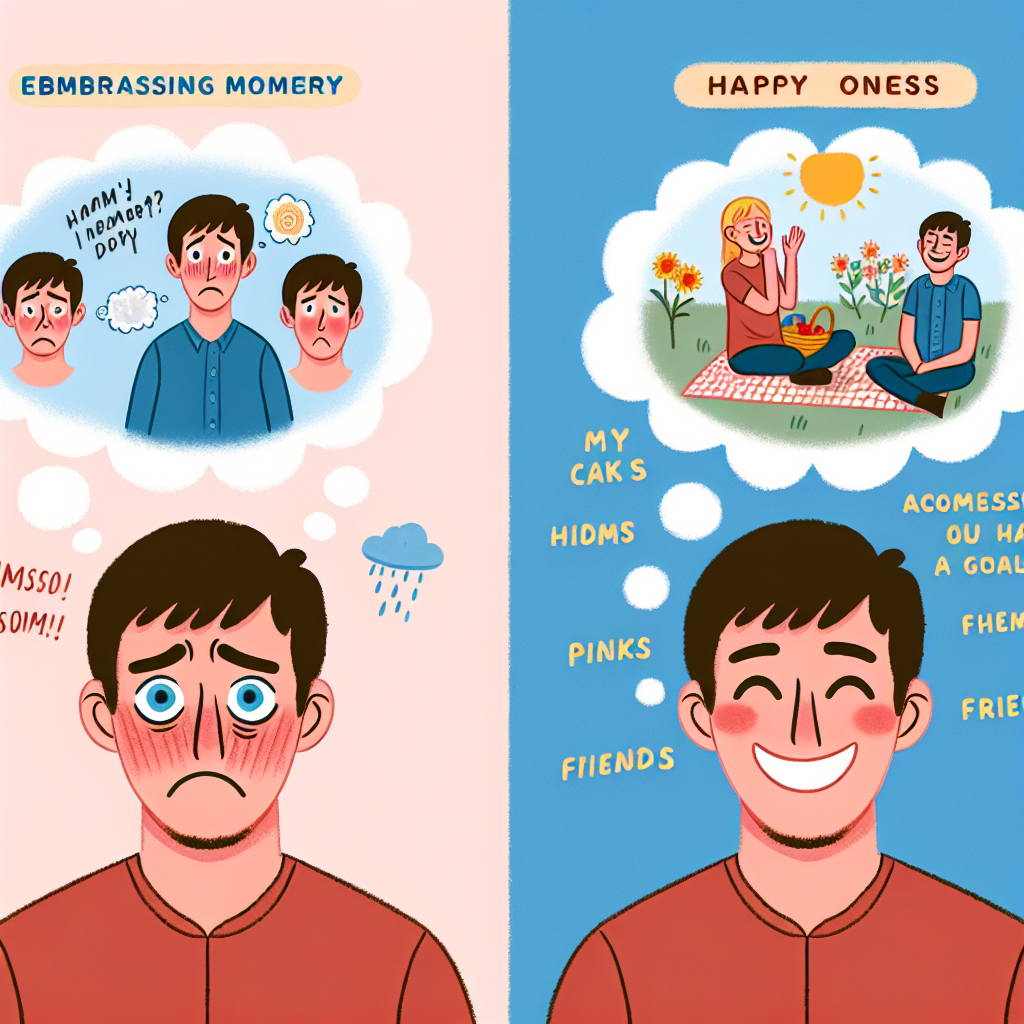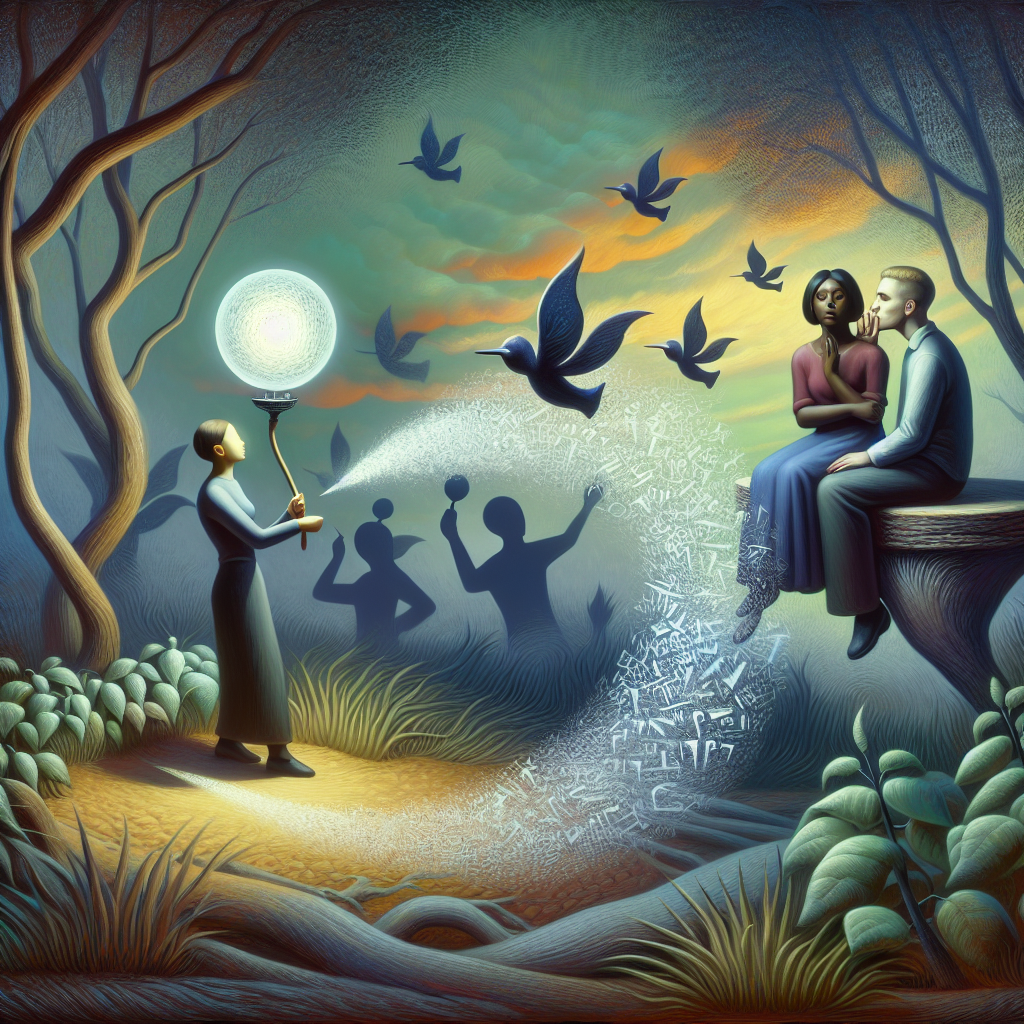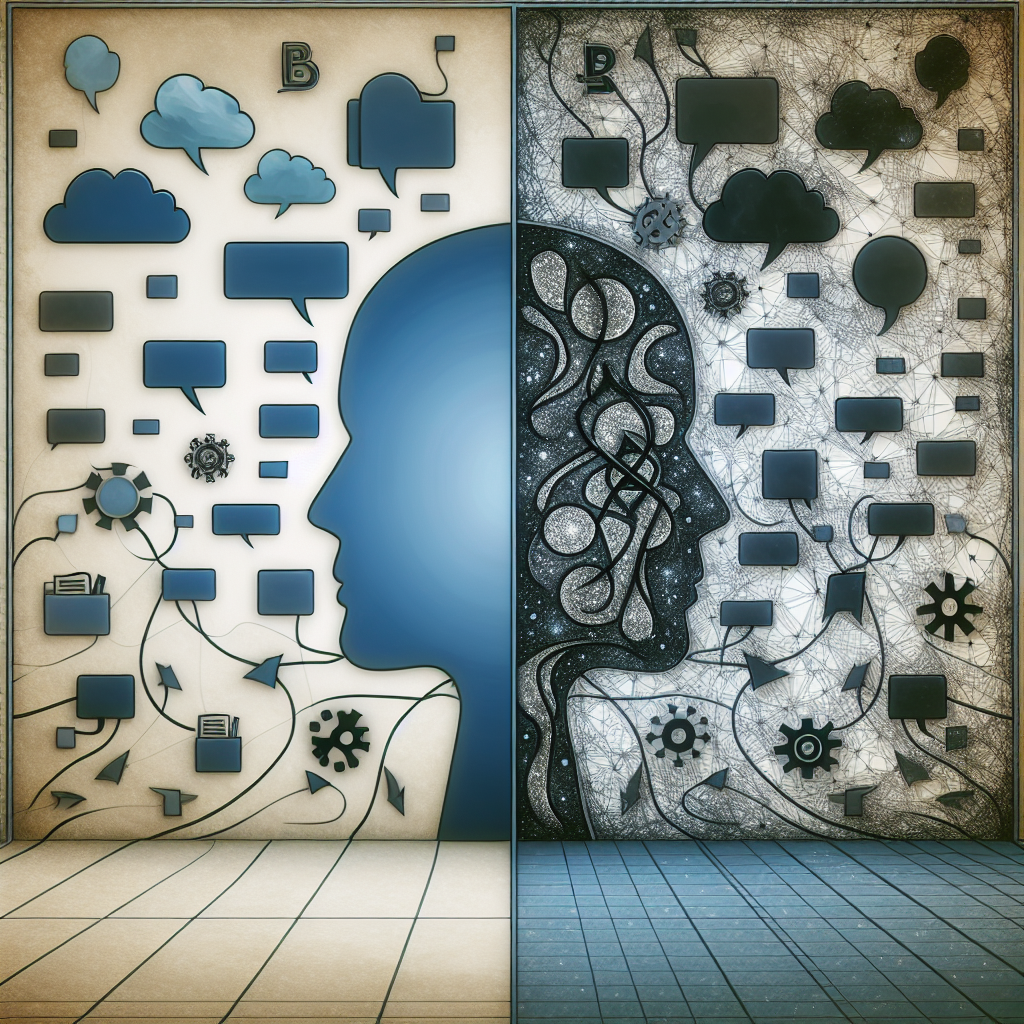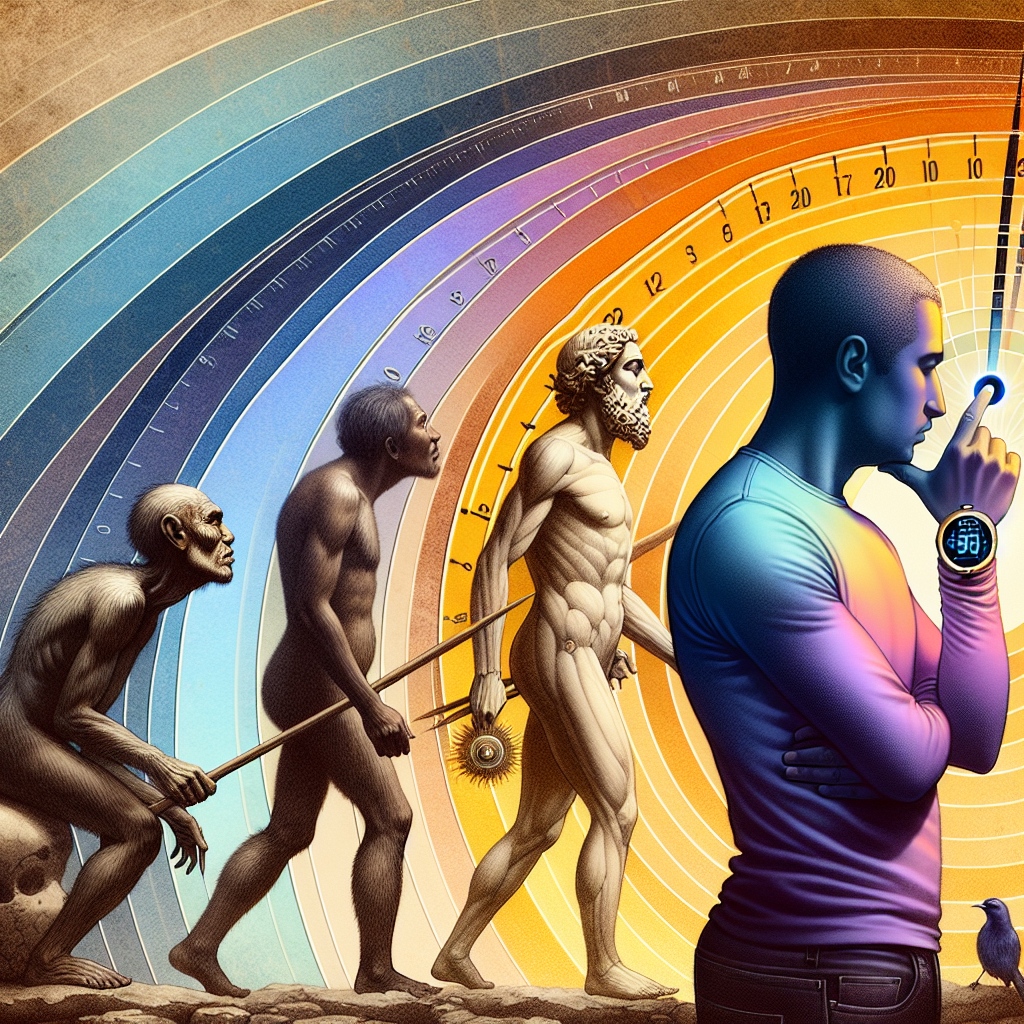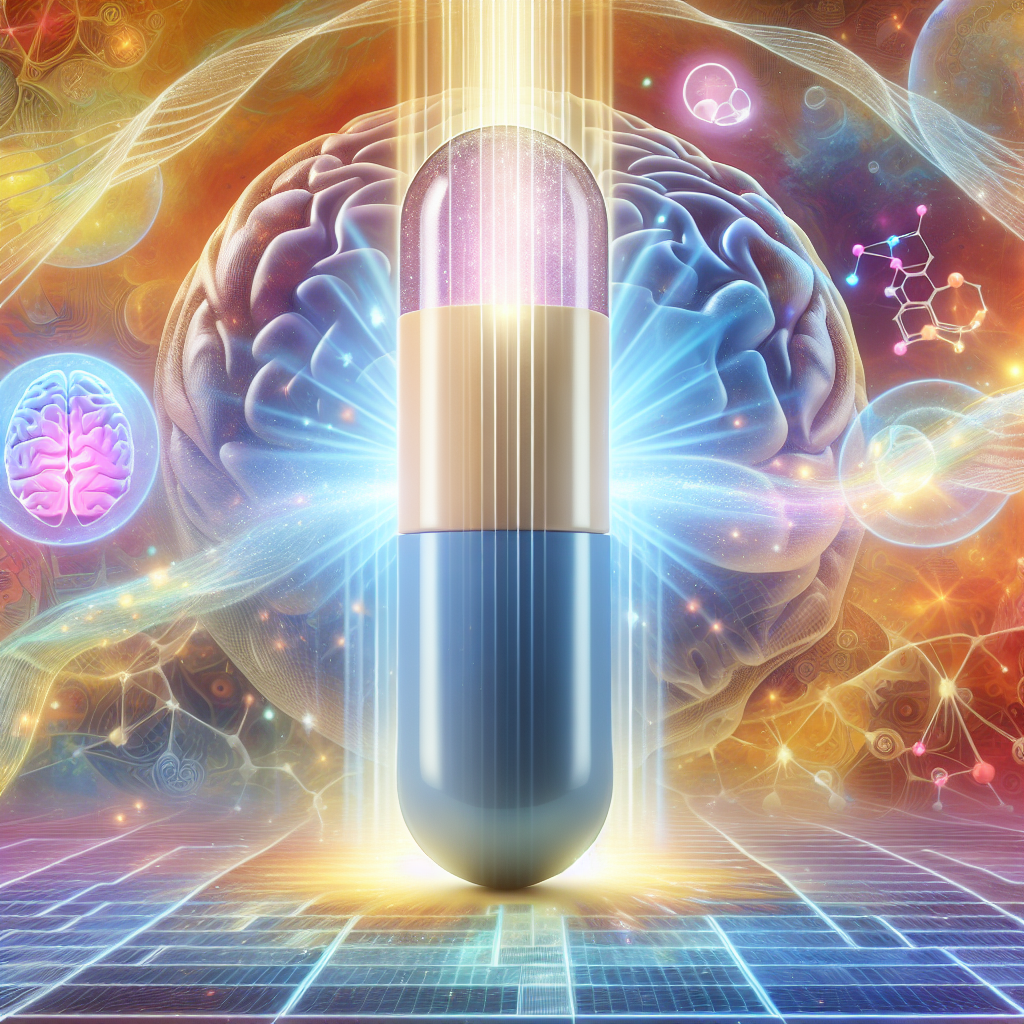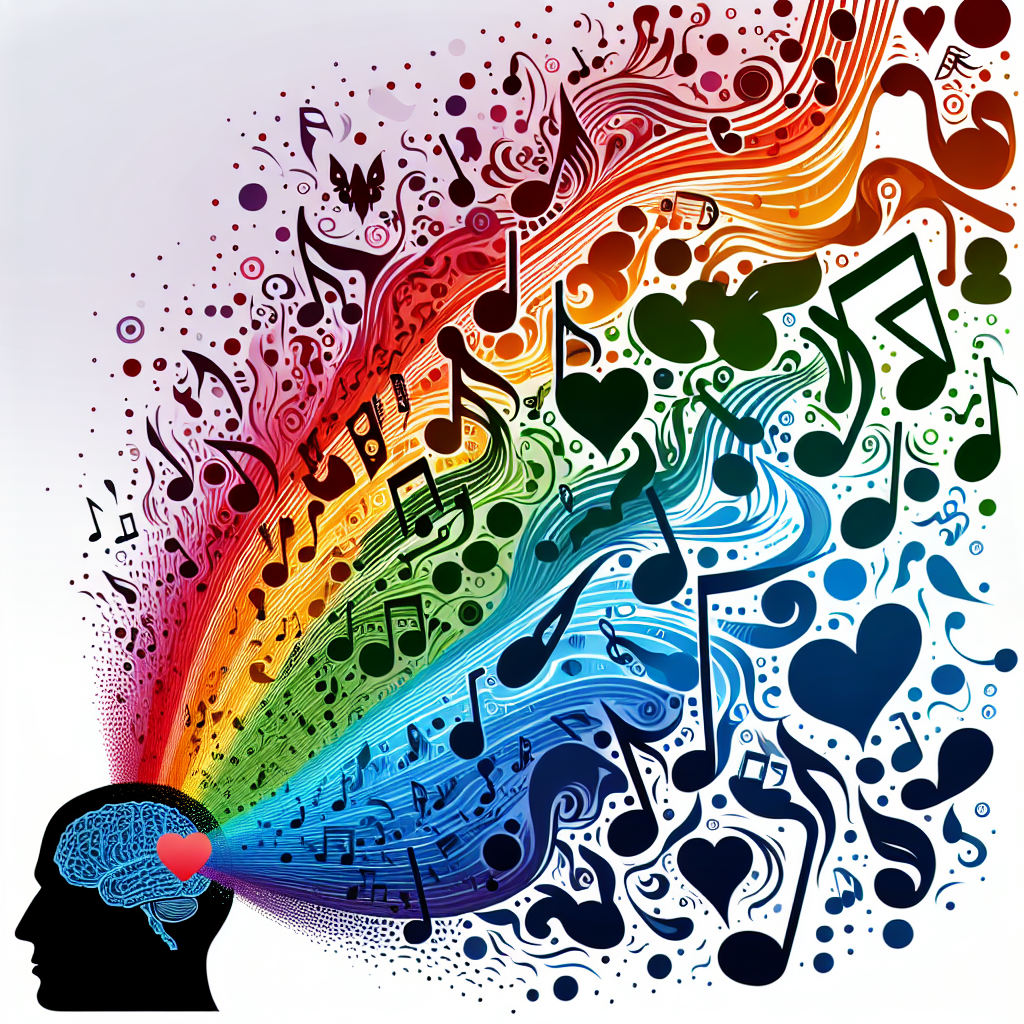It’s been years since that one awkward incident—maybe you called your teacher “Mom,” tripped in front of a crowd, or sent a message to the wrong person—and yet it still flashes through your mind with cinematic precision. Meanwhile, last week’s pleasant dinner with friends? Already a blur. Why does the mind cling to embarrassment with such stubborn loyalty, while happiness fades so easily into the background? The answer lies deep in the way our brains evolved to protect us, and in how emotion, memory, and self-awareness intertwine.
Embarrassing memories are essentially emotional alarms. From an evolutionary standpoint, they served a purpose: they helped our ancestors avoid repeating mistakes that could lead to social rejection or danger. Being part of a group was once essential for survival, so our brains became wired to treat social errors as potential threats. When we experience embarrassment, a region called the amygdala—the brain’s emotional processing center—kicks into overdrive, flooding us with stress hormones like adrenaline and cortisol. These hormones sharpen attention and strengthen memory formation. The result? A vivid, emotionally charged snapshot that refuses to fade.
On the other hand, happy moments tend to lack that same biological urgency. Positive emotions like joy and contentment trigger dopamine and serotonin, which make us feel good but don’t necessarily heighten memory retention in the same way fear or shame do. The brain seems to prioritize learning from pain over reliving pleasure. It’s a survival bias—one that once helped us navigate the dangers of social life, but today just makes us cringe at 3 a.m.
Interestingly, the hippocampus, the brain region responsible for storing long-term memories, interacts closely with the amygdala during emotional experiences. When something humiliating happens, the amygdala essentially “tags” the event as important, telling the hippocampus to file it under Never Forget. This is why those moments often return to us uninvited, triggered by small reminders: a smell, a phrase, a similar situation. Even years later, our bodies may still react—heart rate quickening, cheeks flushing—as if it’s happening again.
There’s also a uniquely human twist to all this: self-consciousness. Psychologists call it the “spotlight effect”—the belief that others are paying more attention to our mistakes than they really are. In truth, most people have long forgotten that awkward moment that haunts you, but your brain keeps replaying it because it overestimates how much others care. This internal feedback loop—embarrassment feeding self-awareness, which in turn reinforces embarrassment—is why these memories can feel so sticky.
But there’s a hidden benefit to this uncomfortable mechanism. Studies show that reflecting on embarrassing moments can help us develop empathy and resilience. Remembering how it feels to be mortified makes us more understanding when others stumble. Moreover, reinterpreting those memories over time—seeing them as harmless or even funny—helps the brain recode them. When we laugh about a past blunder, we’re literally rewriting the emotional signature attached to it. What was once an alarm becomes a story, a lesson, or even a joke.
In fact, this reappraisal process is part of why embarrassment is often described as a “prosocial emotion.” It keeps us aware of social boundaries and encourages behavior that maintains trust and cooperation. Without embarrassment, we’d risk social chaos; with too much, we’d live in constant self-doubt. The balance is delicate, but it’s part of what makes us deeply social beings.
So the next time an old cringe moment resurfaces, remember: your brain isn’t torturing you for fun—it’s protecting you, teaching you, even connecting you to others. Those flashes of discomfort are the residue of a finely tuned survival system that values belonging over bliss. And while happy memories may fade more softly, it’s often the embarrassing ones that remind us most vividly that we’re human.
In the end, our most awkward memories endure not because they define us, but because they once mattered deeply. They’re proof that we cared—about fitting in, about being seen, about getting it right. And perhaps, in their own clumsy way, they’re just our brain’s way of saying: Never stop trying.
